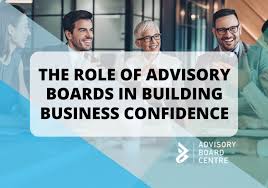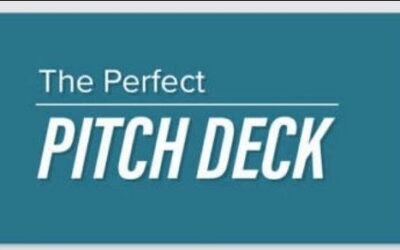
Small Business Advisory Board
When it comes to providing advice, insights, and knowledge to small businesses, Advisory Boards are a very unutilized asset.
If your business hasn’t yet realized that your staff is your number one asset, you’re behind your competitors. Yet, it is my experience that many small businesses are not using or are under-utilizing a powerful weapon in their arsenal: a Board of Advisors. This is a lost opportunity for many businesses. I also believe creating a broader and more dynamic advisory board will greatly help your business to reach a sustainable market advantage.
Think of the Board of Advisors as an assist group to help you create an advantage by setting priorities, tracking progress, and driving accountability. We all too often see boards that are late to the planning game. They operate with blind spots regarding the capabilities of the business. Without rigorous and continuous planning businesses develop a false sense of security. A good Board of Advisors institutes a proactive and aggressive ongoing planning process.

In my coaching experience, the most effective boards collectively influence the values and principles of the business and hold the owner(s) accountable to those values. Advisory boards can also drive focus on strategic initiatives that require capital expenditure. For example, with the current fierce competition for talent, coupled with advancements in technology and automation, staff hiring, training, and retention is a top concern. Funding staff re-skilling is expensive but still less expensive compared to the costs of high turnover, loss of key talent, or poor customer engagement due to unskilled or under-skilled staff.
Going Forward
If you have an advisory board, take a minute to consider if you are taking full advantage of their experience, expertise, and specific skill set. If your business or startup hasn’t as yet established a board, do so. Select individuals who you trust and who will provide you honest and reliable insights. Select people who have an interest in the business – a prior coach or consultant, your insurance broker, lawyer, or accountant. Trusted colleagues and friends that have experience in any major business endeavor: marketing, human resources, IT, production, or supply chain skills.
Keep the size of the board small, no more than seven but at least five. Meet at regular intervals, but at least, quarterly. Have a group meeting and pair it with a working lunch or dinner.





0 Comments